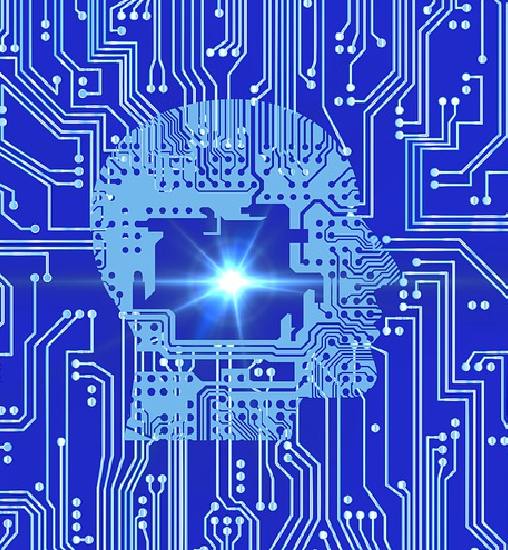Can AI replace HR?
May 23, 2023
AI and ChatGPT have dominated conversations in the HCM space lately and for good reason. These artificial intelligence tools have finally reached a level of usability that can generate significant productivity value for organizations, but many are raising questions about how these tools could be used and which (if any) jobs they will ultimately replace. So, can AI replace HR?
No. Well, not so much. Well, possibly a bit.
Paycor has a nice list of the 5 main roles in human resources that provide a good foundation for the responsibilities of an effective human resources department. Human resources professionals walk a fine balance of both managing people and managing the legal requirements of managing people. There’s no way to get around it, getting an HR issue wrong can be expensive for an organization. It’s that legal danger that is likely to drive an increase in artificial intelligence in the human resources field.
Let’s look at Paycor’s list.
Talent management is the first responsibility on the list and any CEO will tell you the talent in the organization is the most important resource. We already see the rise of AI in hiring and are seeing it in ways to identify exceptional talent to grow. For union issues, look for AI to grow as a partner in managing the details of work contracts and suggesting options in negotiating.
Compensation and benefits management will also gain from the optimization of AI. Like everything else in life, managing compensation and benefits will be a race to maximize output while minimizing cost. Think Moneyball for the organization.
Training and development will move to self-paced and look for more analysis on outcomes and learning pace. The future of professional development will be not just learning, but evaluation of outcome and retention. The employee that learns at a slower pace than their peers may find themselves tracked differently while the high performer may be accelerated. Every contact with an employee is an opportunity to search for the exceptional.
HR compliance really lends itself to automation. Suggesting steps and phrases that avoid legal traps is an obvious use for artificial intelligence. I envision automation as the first step in any internal grievance if for no reason than to ensure the proper information has been collected and a full record of the interaction has been logged.
Workplace safety may be one area slow to adopt artificial intelligence. I expect a careful and pessimistic human eye may remain the best way to not just maintain OSHA standards but achieve an actual level of safety in the workplace.
Human resources is a complex balance of maximizing opportunity while avoiding danger and we’ve seen many vendors integrating AI tools into their HCM suites recently. Artificial intelligence, done well, offers the potential for real help for the HR manager.